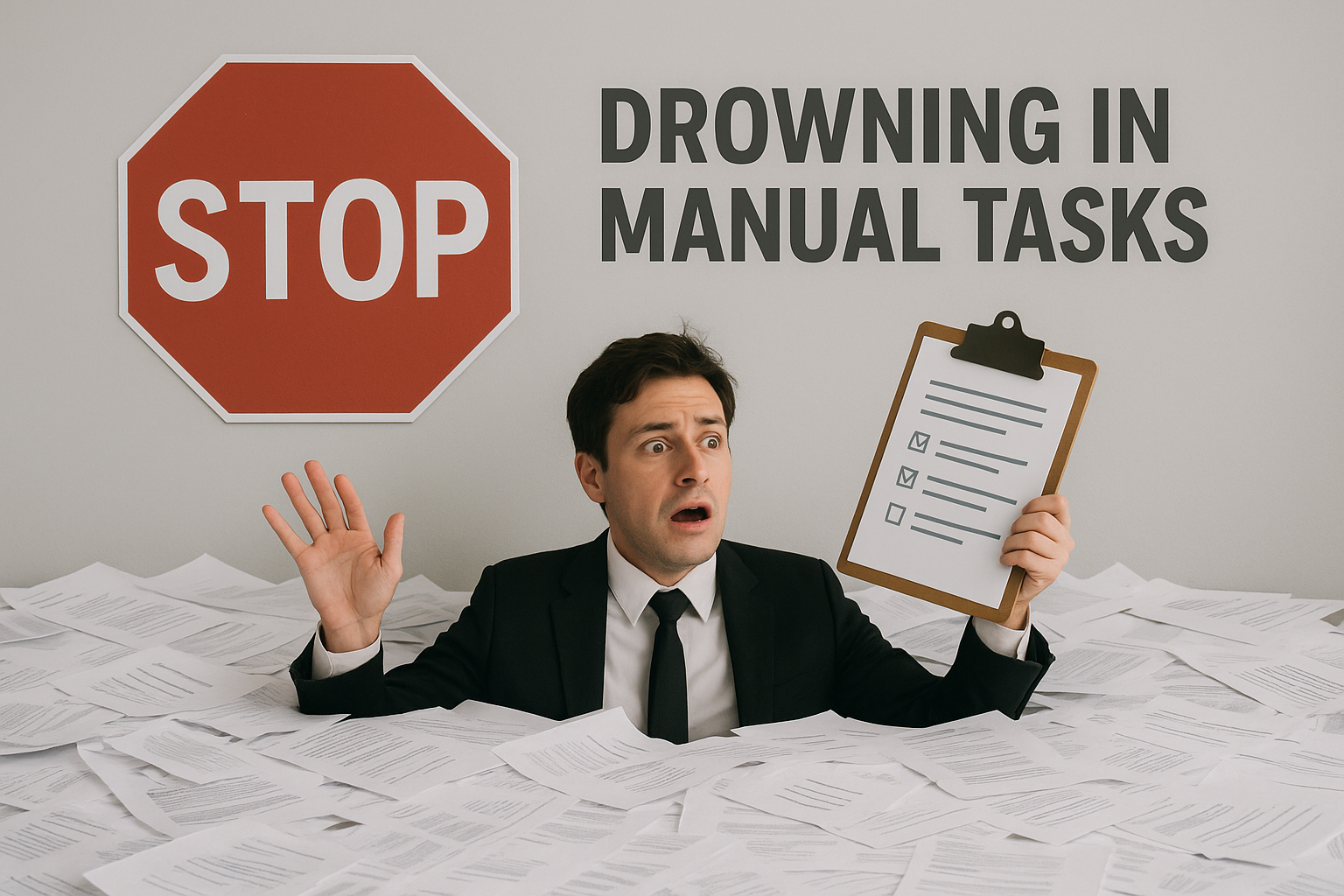July 2025 Tax Newsletter

Reminder of June 2025 Quarter Superannuation Guarantee ('SG')
A reminder to all employers: Superannuation Guarantee (SG) contributions for the quarter ending 30 June 2025 must be received by employees’ super funds no later than Monday, 28 July 2025.
If you're using the ATO Small Business Superannuation Clearing House, you can make the payment on or before 28 July and it will be considered on time. However, if you're using a commercial clearing house—such as the one integrated with Xero Payroll—you’ll need to allow up to two weeks for the payment to reach employees' funds. In this case, we recommend submitting payments well before 28 July to avoid missing the deadline.
Late payments may result in the Superannuation Guarantee Charge (SGC), which includes interest and penalties and is not tax deductible. If you’re unsure about your clearing house processing times or need help reviewing your payroll setup, our team is here to help.
Reminder of increase in Superannuation Guarantee ('SG') rate from 1 July 2025
Please note: The Superannuation Guarantee (SG) rate increases to 12% from 1 July 2025. This new rate applies only to pays made on or after 1 July, and does not affect the June 2025 quarter super contributions, which are due by 28 July 2025 at the current rate.
If you’re using Xero Payroll, make sure each employee’s Pay Template is set to ‘Statutory Rate’ to ensure the updated SG rate is applied correctly from 1 July. Need help reviewing your payroll settings? We're here to assist.
PAYG Instalments Due
Quarterly PAYG instalments for the June 2025 quarter are due by 28 July 2025. Check your notice and ensure payments are made on time to avoid interest charges.
Key Employer Reminders for the New Financial Year
Now that the financial year has ended, the ATO is encouraging employers to review their obligations and be aware of several important deadlines.
Single Touch Payroll (STP) Finalisation
Employers must lodge an STP finalisation declaration for all employees paid during the year, including those who have since left the business. This ensures employees have the correct information to complete their tax returns. Employers must lodge an STP finalisation declaration for all employees by 14 July 2025 (or 30 September for closely held payees).
If you’re switching payroll software, it’s essential to finalise your STP records before making the change to maintain accurate reporting for both you and your employees.
Superannuation Guarantee (SG) – June Quarter Payment Due 28 July 2025
Don't forget to pay all SG contributions for the June 2025 quarter by 28 July 2025 to avoid penalties.
PAYG Withholding – Updates from 1 July 2025
Some tax tables and withholding schedules will be updated from 1 July 2025. Employers should:
- Use the ATO’s Tax Withheld Calculator or updated tax tables to ensure accuracy
- Update payroll software accordingly
- Withhold, report, and pay the correct amount of tax on employee payments
If you need help reviewing your payroll processes or software settings, our team is here to assist.
Changes to car thresholds from 1 July 2025
The car depreciation limit for the 2026 income year is $69,674. This is the maximum value that can be used to calculate depreciation for a car that is used for work or business purposes and first used or leased in the 2026 income year.
If you're purchasing a vehicle that exceeds this limit, the maximum GST credit you can generally claim is capped at $6,334 (which is one-eleventh of the car limit), unless an exception applies.
For those purchasing higher-end vehicles, the Luxury Car Tax (LCT) thresholds for 2026 are:
- $91,387 for fuel-efficient vehicles
- $80,567 for all other vehicles
Please note:
- GST input tax credits must be claimed within four years.
- You cannot claim a GST credit for any Luxury Car Tax (LCT) paid, even if the car is used solely for business.
If you’re considering a vehicle purchase, feel free to contact us to ensure you’re making the most tax-effective decision.
Reminder for SMSFs: Transfer Balance Account Reporting Due
All self-managed super funds (SMSFs) are required to report relevant Transfer Balance Account (TBA) events through Transfer Balance Account Reporting (TBAR)—regardless of a member’s total superannuation balance.TBA events include actions such as starting or commuting a retirement phase pension.
TBARs for the June 2025 quarter are due by 28 July 2025. If no TBA events occurred during the quarter, no report is required.
Late or missed lodgements can result in ATO compliance action, penalties, and may negatively affect a member’s transfer balance account. If you're unsure whether you have a reportable event, please get in touch—we’re here to help ensure everything is lodged on time.
Beware of tax advice from 'finfluencers'
The Tax Practitioners Board ('TPB') warns that the number of 'finfluencers' is on the rise. These are influencers who offer financial advice, including tax advice, on various social media platforms such as Instagram and TikTok.
Unfortunately, they do not always have the necessary qualifications to give out this advice or provide all the information taxpayers need to make a fully informed decision. This can result in taxpayers suffering serious financial harm.
The main way 'finfluencers' make their money is by getting paid by companies that want to promote their financial products through the 'finfluencers' social media platform.
Therefore, taxpayers who are going to use someone to help them manage their tax affairs should make sure they are registered with the TPB by checking the TPB Register.
Taxpayer's claim for home office and car expenses successful
The Administrative Review Tribunal ('ART') recently held that a taxpayer was entitled to claim deductions for home office and car expenses incurred during the COVID-19 pandemic.
The taxpayer was employed full time by the ABC producing the ABC Sport Digital Radio station ('Digital Role') and producing ABC live sports broadcasts, mainly NRL football ('Live Role').
During the 2021 income year, because of restrictions imposed in response to the COVID-19 pandemic, the taxpayer undertook all of his Digital Role from a second bedroom in his apartment (his home office) which he was renting with his wife, and he undertook most of his Live Role from the ABC's Southbank Studios in Melbourne.
The taxpayer claimed deductions for occupation expenses (being the proportion of rent for his apartment referable to the use of his home office in performing his Digital Role), and for car expenses incurred in driving between his home and the ABC studios at Southbank on days when he performed both roles.
The ART allowed the taxpayer's claims for occupation expenses in full, as the COVID-19 restrictions required him to earn most of his income at his home, and so a proportion of rent was incurred in gaining his assessable income.
The ART also allowed the car expenses in full on the basis that on the days when the taxpayer "closed his laptop at home, picked up his car keys and drove to the Southbank Studios . . . he was at work the entire time and his travel was therefore 'on work' . . ."
TPARs Due by 31 August 2025 – Is Your Business Ready?
If your business pays contractors or subcontractors in certain industries, you may need to lodge a Taxable Payments Annual Report (TPAR) with the ATO by 31 August 2025.
Who Needs to Lodge?
You must report if your business operates in one or more of the following industries and paid contractors during the 2025 financial year:
- Building and Construction
- Cleaning Services
- Courier and Road Freight Services
- Information Technology (IT) Services
- Security, Investigation, or Surveillance Services
Even if you’re in one of these industries but didn’t make any contractor payments, you may still need to lodge a “nil” TPAR.
What Information is Required?
You’ll need to report:
- The contractor’s ABN
- Name and address
- Total payments made (including GST)
- Any tax withheld where no ABN was provided
Don’t Leave It Too Late!
The TPAR deadline is 31 August 2025. Late lodgment can result in penalties, so now is the time to:
- Check whether your business is required to report
- Review your records
- Ensure your bookkeeping system tracks contractor payments accurately
Need Help?
If you’re unsure whether you need to lodge or what needs to be included, contact our team. We’re here to make the process smooth and compliant.
June 2025 quarter BAS Due by 25 August 2025 – Time to Prepare!
A quick reminder for all quarterly reporters: your June 2025 Business Activity Statement (BAS) is due for lodgement and payment by Monday, 25 August 2025 if lodging through a tax agent or BAS agent.
What’s Included in the June BAS?
Your BAS will generally cover:
- GST collected and paid
- PAYG withholding for employees
- PAYG instalments, if applicable
- Fuel tax credits, where relevant
This is the final BAS for the 2024–25 financial year, so it’s also a great opportunity to:
- Finalise your EOFY reconciliations
- Ensure your payroll is STP-compliant
- Review your GST coding and claims
Tips to Stay on Track
- Reconcile all bank accounts and business expenses early
- Check contractor payments in case a TPAR is also due
- Review any major purchases or asset write-offs
Let’s Make It Easy
Reach out early to avoid last-minute stress and penalties. If you need assistance preparing or reviewing your June BAS, we are ready to help. Contact us to ensure everything is lodged on time and with confidence.
Notice of data exchange for skilled visa program compliance
The Department of Home Affairs will obtain data from the ATO to identify whether business sponsors are complying with their sponsorship obligations (e.g., paying visa holders correctly) and whether temporary skilled visa holders are complying with their visa conditions (e.g., to work only for an approved employer).
The Department will provide to the ATO biographical details (including name, address and date of birth) of clients who are, or were in the three most recent financial years, holders of Skills in Demand or Temporary Skills Shortage (subclasses 457 and 482) primary visas.
These details will be electronically matched against ATO data holdings. Where there is an identity match, the ATO will return Single Touch Payroll employment data for the relevant individual(s) to the Department.
It is estimated that records will be shared relating to around 58,000 individuals.
Important tax update: deductions for ATO interest charges scrapped
If you're currently carrying a debt with the Australian Taxation Office (ATO), there’s an important change taking effect from 1 July 2025 that could increase your overall tax bill.
What’s Changing?
From 1 July 2025, interest charges imposed by the ATO will no longer be tax-deductible. Until now, many taxpayers have been able to reduce the after-tax impact of these charges by claiming them as deductions. This is no longer the case for interest incurred on or after 1 July 2025—even if the underlying tax debt arose before that date.
What Are the ATO’s Interest Charges?
There are two key types of interest charges you might see on your ATO account:
- General Interest Charge (GIC): Applied to overdue tax debts, GIC accrues daily and compounds. It’s intended to encourage timely payment.
- GIC rate for July–September 2025: 10.78% p.a.
- Shortfall Interest Charge (SIC): Applied when a tax shortfall arises (e.g. due to an amended assessment).
- SIC rate for July–September 2025: 6.78% p.a.
What’s the Financial Impact?
With GIC and SIC no longer deductible, the true cost of these interest charges will now be higher, especially for those on higher tax rates.
For example:
- Sally, on a 45% marginal tax rate, previously paid a net GIC cost of $550 on a $1,000 charge (after claiming the deduction). Under the new rules, she will wear the full $1,000.
- Adam, taxed at 30%, would previously reduce his tax bill by $300 on a $1,000 GIC charge. Going forward, no deduction means he’ll also pay the full amount.
How to Minimise the Impact
- Pay off your ATO debt quickly: GIC compounds daily and adds up fast.
- Consider cheaper finance options: In some business cases, interest on a loan used to repay ATO debt may be deductible.
- Plan ahead: Set aside funds regularly for tax obligations like GST, PAYG withholding, and income tax.
- Avoid future charges: Staying on top of your lodgements and payments can prevent interest from accruing in the first place.
If you're currently carrying tax debt or need help staying ahead of your obligations, contact the ATO to make a payment plan or contact us, we're here to help. Let’s work together on a strategy that keeps you compliant and protects your bottom line.
Get Ready for Tax Time 2025
Tax season is here, and we're ready to help make lodging your return as easy and stress-free as possible.
The ATO begins releasing pre-fill data from 1 July 2025, but key information such as employer income statements and bank interest is often not available until late July.
While you wait, it’s a great time to start gathering your paperwork. Use our Tax Time Checklist (download here) to collect the relevant documents — including income details, deductions, rental property expenses, and investment records.
Once your pre-fill data becomes available, you can send your completed documents to us via:
- Email: reception@rgaaccounting.com.au
- Post: PO Box 35, Samford Village QLD 4520
We’ll send you an acknowledgment letter and guide you through the next steps to finalise your return.
To book an appointment, use our online booking system, give us a call on 07 3289 1700, or email us at reception@rgaaccounting.com.au.We look forward to assisting you this tax season!









